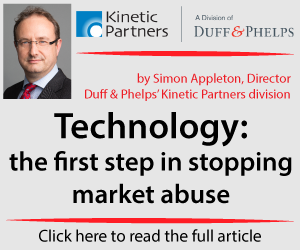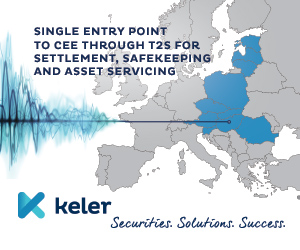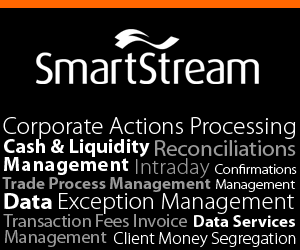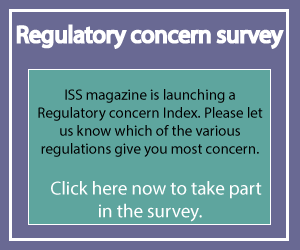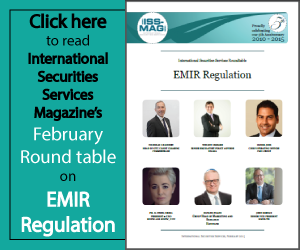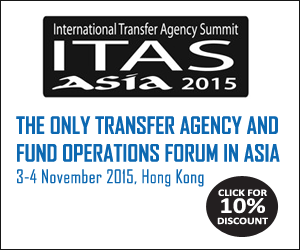To help institutional investors maximise the efficiency of their broker voting process, Greenwich Associates interviewed 118 US institutions about the commission-management processes used in acquiring sell-side products and services and in compensating brokers and other providers.
The results of this research - including a series of new benchmarks on the institutional broker vote process - are presented in the report Broker Vote Mechanics: Valuing Sell-Side Research and Compensating Brokers, released today.
“This new report takes a deep-dive look at the question of how institutions determine the value of the products and services they receive from the sell-side,” says Greenwich Associates Director Jennifer Litwin. “The topic is taking on increasing importance as European regulators prepare new rules that would require investors to set research budgets based on specific monetary values for the research products and services they consume.”
Looming regulatory changes and potential shifts in the supply of broker research are forcing institutional equity investors to take a hard look at the “broker vote” processes they use to value sell-side research and compensate providers, says Greenwich Associates.
Facing serious balance-sheet constraints and return expectations, brokers are taking a hard-nosed approach to research costs and revenues and are altering the way they allocate resources to maximise profitability. As a result, institutions need to be more effective in allocating commission payments used to compensate brokers for research and advisory services.
Institutions are also watching for the impact of regulatory reforms in Europe that could bring sweeping changes to the way institutions value and pay for research. These new rules will have a dramatic effect even if they fall short of completely unbundling and, as expected, they require investors to set research budgets based on specific monetary values for the sell-side products and services they consume.
“These changes and pressures have elevated the effectiveness of the broker vote process to a strategic priority for institutional investors that demands the attention of senior management,” says Greenwich Associates Consultant John Colon.


